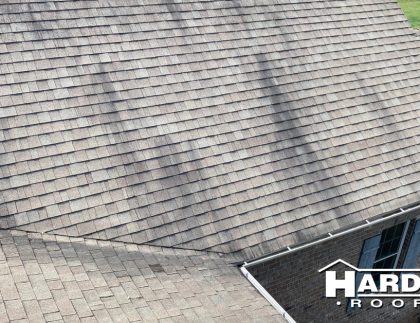
Source: GAF - If you suspect that you have a leak in your roof, acting swiftly to repair it helps avoid further damage to your home and possessions.
But: does homeowners insurance cover roof leaks and potentially remove some of the financial worries you may have? Below are the steps to take to protect your roof and your finances in the event of a leak.
Signs You May Have a Roof Leak
Identify potential roof leaks and damage as soon as possible — if you wait too long to identify and report the leak, homeowners insurance coverage might be jeopardized. The best way to spot a potential leak is to perform roof inspections at least twice a year and after major storms.
Here are some potential indoor signs you have a leak:
- Water stains on ceilings or walls
- Peeling or blistering paint
- Moisture in the attic
You may also notice these external signs of a leak:
- Roof decking decay
- Damaged shingles
- Damaged flashings
- Does Homeowners Insurance Cover Roof Leaks?
- Your homeowners coverage will depend on the details of your specific policy. Insurance commonly covers some types of roof leaks — however, consult your particular insurance carrier and your policy documents to ensure you know what's covered.
If water damage stems from a lack of maintenance, for example, homeowners insurance generally does not cover repairs. However, if the water damage is caused by a roof leak after a storm or another cause beyond your control, insurance may cover the roof repair and damage to the home's structure and interiors.
As you begin exploring whether and how your insurance policy handles roof repairs, consider three key factors:
1. Replacement Cost Versus Actual Cost
This describes the type of coverage you have for repairs on your home. Replacement cost value reimburses you for the full cost to replace your roof and interiors, if needed. Actual cost value is based on how much the repairs will cost and then subtracts value because of the age or use of your roof. If you have replacement cost value coverage, generally the insurance company will pay you the actual cash value first. Then, once the repair or replacement is complete, they will reimburse you the extra money you paid for the repairs.
2. Amount of Deductible
Your homeowners insurance policy has a declarations page that lists your deductibles for different types of claims. Once the damage has been inspected, you can consult the declarations page or talk to your agent to find out what your deductible is.




